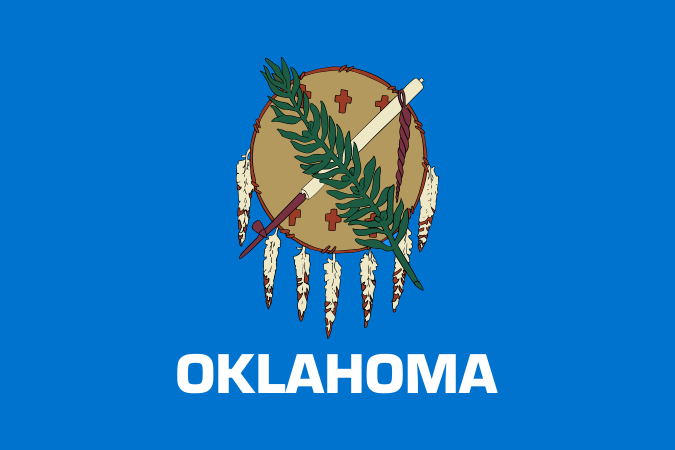On June 30, 2020, voters across Oklahoma cast their ballots in the state’s legislative primaries.
This year, 125 state legislative seats are up for election. Following the primaries, at least 106 incumbents are advancing to the general election, the highest number within the past decade. The higher number of incumbents in the general election is due to a decade-low number of open seats in both chambers and similarly low numbers of incumbents defeated in the primaries.
In the Senate, two of the 24 incumbents, both Republicans, did not seek re-election, leaving their seats open. In the House, three Democrats and six Republicans retired. In addition to these 11, four incumbents—three Republicans and one Democrat—were defeated in the June 30 primaries. They were:
• Sen. Wayne Shaw (R), Senate District 3
• Rep. Lundy Kiger (R), House District 3
• Rep. Derrel Fincher (R), House District 11
• Rep. Jason Dunnington (D), House District 88
Additionally, Sens. Ron Sharp (R) and Larry Boggs (R) advanced to primary runoffs on August 25. Sen. Paul Scott (R) and Rep. Ajay Pittman (D) ran in primaries that remain too close to call.
In total, 15 incumbents either retired before or were defeated in the June 30 primaries. Pending runoffs and too close to call elections, that number could increase to 19. In either scenario, it is the lowest such number within the preceding decade.
In total, there were 54 party primaries, 15 in the Senate and 39 in the House. By partisan affiliation, there were eight Democratic primaries and 46 Republican primaries. Overall, this marks a 54 percent decrease from 2018, which saw 117 total primaries.
Heading into the general election, Republicans hold a 38-9 supermajority in the Senate and a 77-23 supermajority in the House. Oklahoma is one of 21 Republican state government trifectas with Republicans controlling the governorship and both chambers of the legislature. General election winners will be responsible for redrawing district lines after the 2020 decennial census. The legislature is responsible for drafting congressional and state legislative district plans, both of which are subject to gubernatorial veto.
Additional reading:
https://ballotpedia.org/Oklahoma_State_Senate_elections,_2020
https://ballotpedia.org/Oklahoma_House_of_Representatives_elections,_2020


